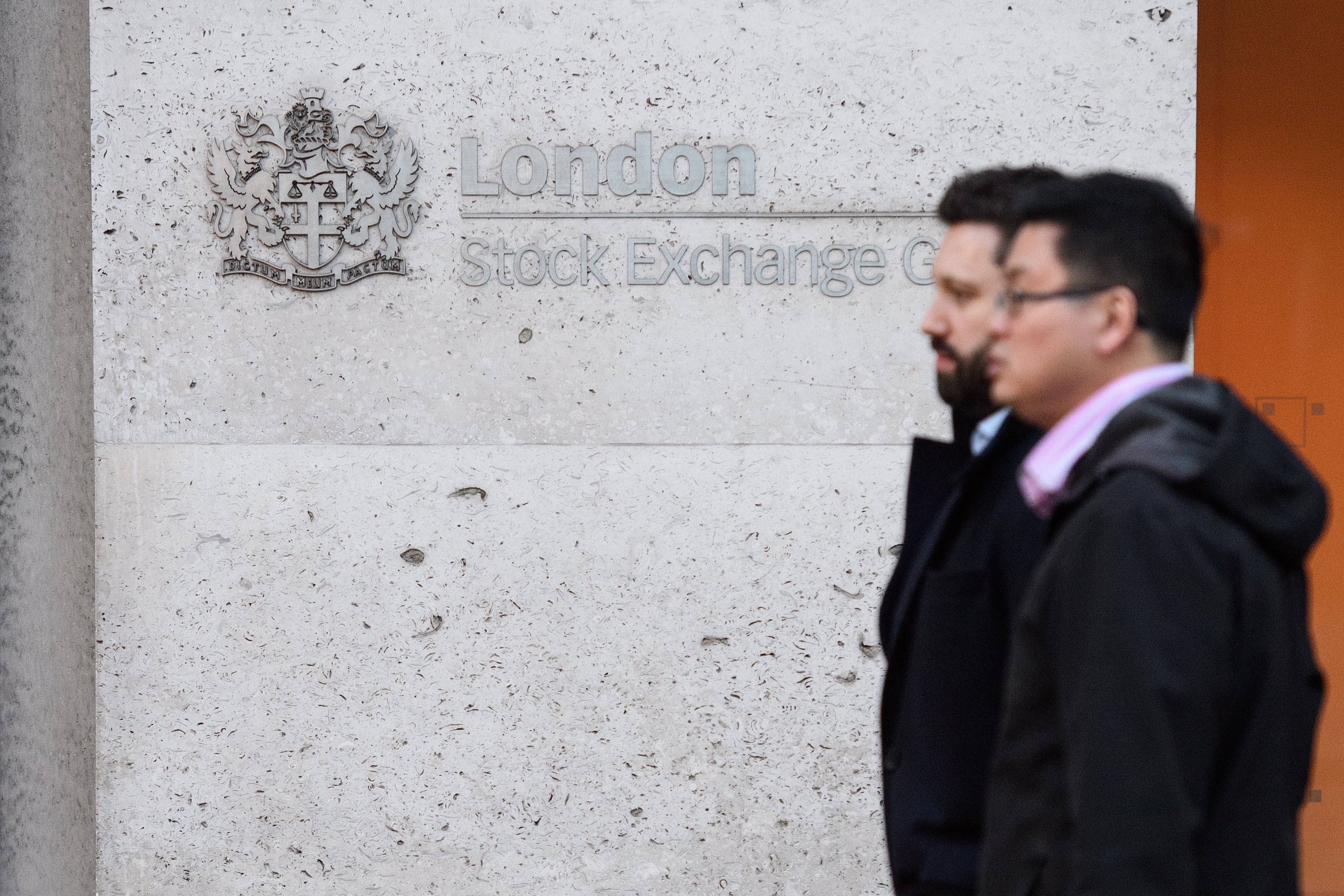Post-EU, the City should become an attractive venue for parallel markets
At a crucial moment when government and City should be working together, there is a gaping void, writes Chris Blackhurst


Let us face it: no one likes bankers. Through their own greed and hubris, they blew what little PR capital they had, with the 2008 crisis and their lamentable failure to accept responsibility.
For too many in the City afterwards, it was business as usual and that included still awarding themselves large bonuses. Claims their remuneration had actually reduced fell on deaf ears, as their pay, even when it dropped, was so far out of step with ordinary people.
The fact that none of them were prepared to front the criticism, to explain their role, added to the sense of arrogance and disdain. I well recall the puzzlement at Goldman Sachs that the words of their then chief, “We do God’s work”, subjected them to ridicule. They just didn’t get it.
They still don’t. The result is a vacuum – they won’t speak up for themselves (and on the rare occasions they do, few listen), and politicians, media, public they are not sufficiently interested.
This, though, creates a serious problem. At the very point as a nation when we should be promoting the City, as we face challenges from our former EU partners and we ought to be pressing ahead with selling our financial services capability around the world, there is… nothing.
Time and again, our unique legal system heads the list of why people put their money here. It’s our trump card
At the same time, domestically, we’ve got a government that is committed to “levelling up”, but there is precious sign as to how that will be achieved. For this great rebalancing to even have a chance, we need our small to medium enterprises in the regions outside the southeast to be prospering and expanding. To do that requires them obtaining access to funding, from the banks.
So, at a crucial moment when government and City should be working together, there is a gaping void.
A new report, The City and UK Financial Services: A Strategy Paper, from the Policy Exchange think tank spells out the dangers. Its author, Dr Gerard Lyons, Boris Johnson’s economic advisor when he was mayor of London and chief economic strategist at Netwealth, says the City “has suffered from benign neglect, and now needs the government to go into battle for it.” Adds Lyons: “At the same time, the City needs more voices from within to champion it.”
He advocates a twin-track approach: use the City to deliver UK economic growth; and to support and boost the City’s global competitiveness.
The first entails the City doing its bit and extends beyond the banks funding SMEs, although that is a vital component. The policy should also include the creation of regional hubs for back-office finance jobs and other services, the City lending heavyweight backing to infrastructure projects (substantial sums that make a difference, we’ve had enough of small, gesture payments), and making personal banking more inclusive for more citizens, “banking the unbanked”.
The second sees the government stepping in to help ensure the City retains its international appeal, the regulatory environment is right for the fiercely competitive marketplace and gives the UK an edge, and our markets remain liquid and deep.
Much of the City’s attraction to overseas investors lies in the foundation of English Common Law. Time and again, our unique legal system heads the list of why people put their money here. It’s our trump card and needs repeatedly reinforcing and promoting.
We’re now able, post-EU, to be more flexible and pragmatic with our regulations. We must seize that chance. As Lyons says: “The focus should not be on gold-plating or on a race to the bottom, but on smart regulation that makes sense in the areas to which it applies.”
Of course, says Lyons “that must encompass protecting consumer rights, but our rules should be measured against the impact on the economy and on London’s competitiveness, as well as achieving financial stability”.
In the 1960s, London became the home of the offshore dollar market known as the “euro-dollar” market, where the term “euro” meant international. The EU is choosing to go down the route of creating fragmented markets in different EU financial derivative products. Good, let them.

“The City should now become an attractive venue for parallel markets in euro-denominated instruments – a legitimate offshore trading centre of euro-denominated securities. This should see the ‘euro-euro’ market grow now in London, like the euro-dollar market all those decades ago,” says Lyons.
The City is well-placed to play a leading role in the new growth markets of fintech, green finance, Islamic banking, electronic and automated trading, and bitcoin. But we must ensure we have the necessary tools and regulations in place to specialise fully in each one of these.
All of this is great and encouraging. The issue, however, is that not enough people are saying it and making it happen. Finding advocates for the City at Westminster is well-nigh impossible – most politicians, even Tories, see support for banking as a major turn-off for voters and rarely countenance voicing their approval.
Unfortunately, too, singling out the City in all its forms has become embroiled in the government’s “all that matters is north of Watford Gap” mantra. Speaking up for a funny patch of London where they still indulge in quaint customs and many of the inhabitants are prosperous is not done. This, though, is short-sighted. What is not being made forcibly enough is the argument that says how the rest of the country can feed off and benefit from a strong, vibrant, expanding City of London.
Read More:
Those in the City, in London, must speak up more and be seen to care.
None of this is easy, given the history, but right now, by not doing anything, we’re wasting a precious, world-beating asset.
Join our commenting forum
Join thought-provoking conversations, follow other Independent readers and see their replies
Comments